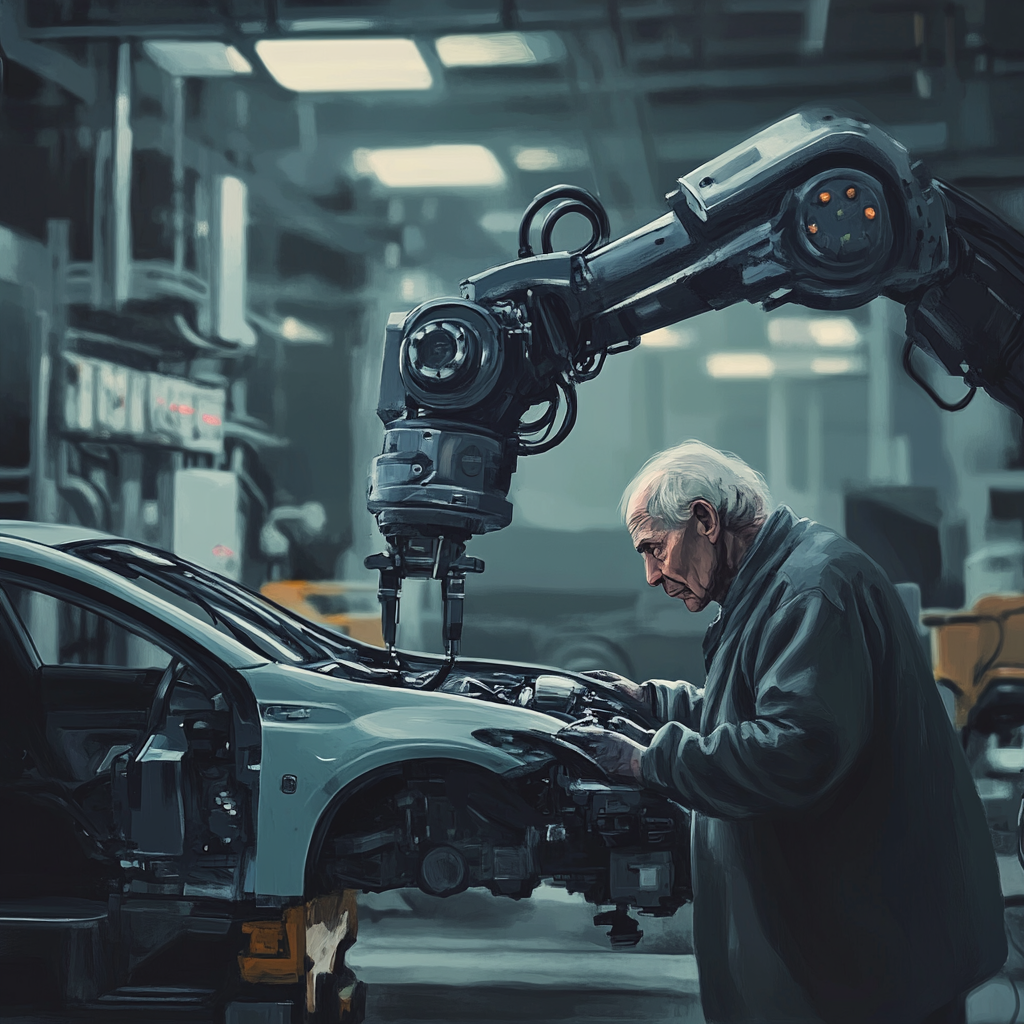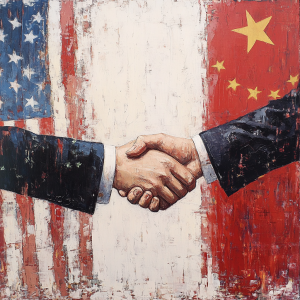When New Technology Arrives, Who Wins and Who Loses?

BlueSky Thinking Summary
In a recent study, Kellogg's Dimitris Papanikolaou and Bryan Seegmiller, along with Leonid Kogan and Lawrence Schmidt of MIT, examine the deep repercussions that new technologies—especially AI—have had on the labor market from 1981 to 2016.
They find that while automation tends to lower wages uniformly for experienced and new workers alike, technologies that complement human skills can help new hires at the expense of their more senior colleagues.
Their findings, based on breakthrough patents and AI classifiers provided by ChatGPT, portend devastating impacts of automation on routine tasks across many professions but possibly augmenting nonroutine tasks—a leveling influence within occupations but very different implications at the individual level.
Older, white-collar workers appear to be most vulnerable.
In the future, according to their research, AI could reshape industries ranging from office administration to transportation, with less-experienced employees favoring to work with AI rather than more seasoned professionals.
The study thus focuses on the need for flexibility and soft skills in the face of making one's way through an emerging career scenario dominated by the transformative potentials of Artificial Intelligence.



